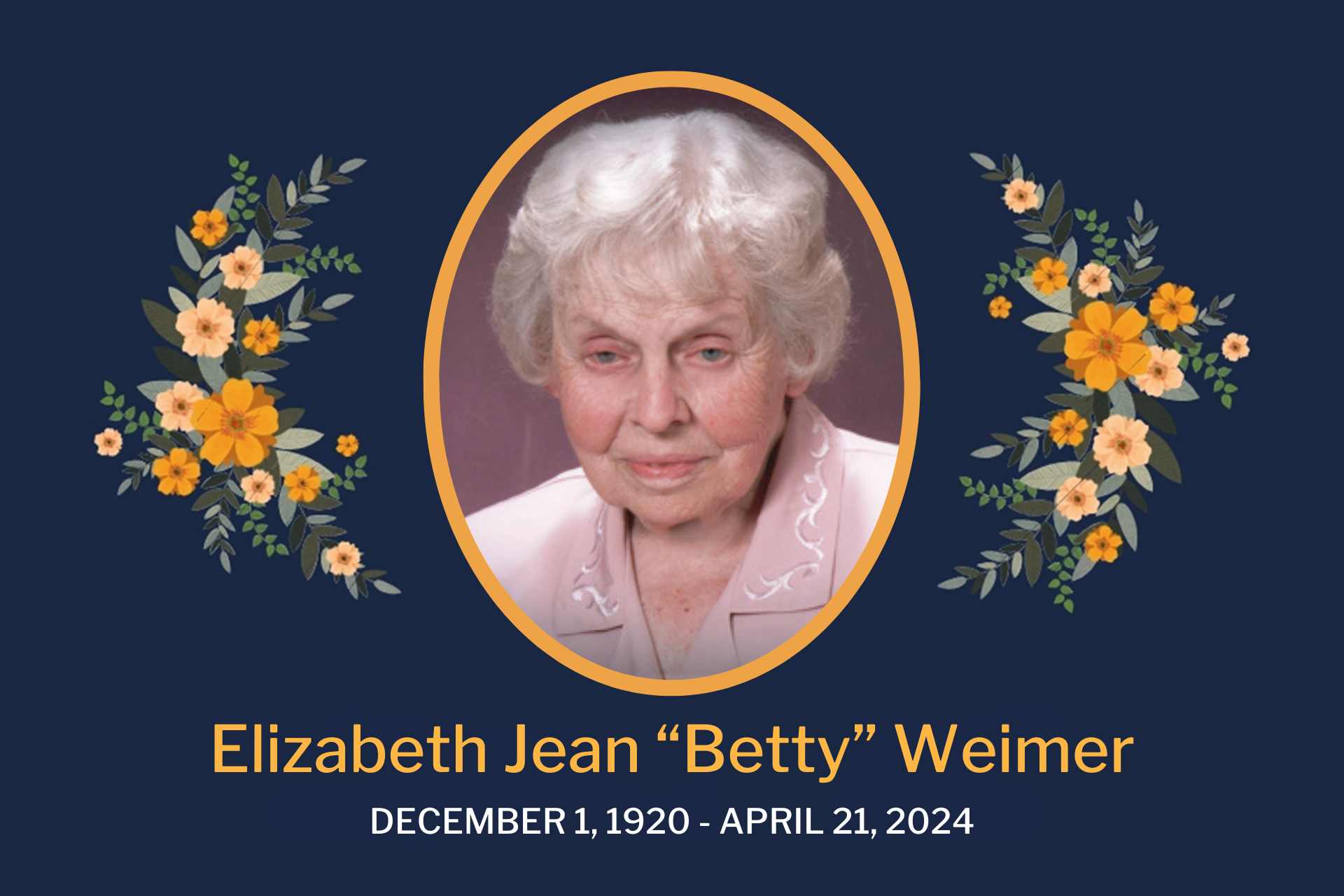BUCKHANNON — Buckhannon City Council approved a legal settlement agreement Thursday in which the city pledges to pay $15,000 to a former Water Department employee who claimed Buckhannon violated West Virginia’s Wage and Payment Collection Act by failing to pay him his final compensation on time.
Gerald Frank Brown, a former City of Buckhannon Water Department employee, filed the civil suit in Upshur County Circuit Court through his attorney, Phillip Isner, of the Elkins-based firm Isner Law Office, in 2016.
In the complaint, Brown claims the city didn’t issue his final paycheck until Dec. 19, 2014, 10 days after it terminated his employment on Dec. 9, 2014. According to court filings, Brown was terminated after testing positive on a drug test.
Although it has since been amended, West Virginia Code at the time stated that, upon an employee’s termination, the employer was required to “pay the employee’s wages in full no later than the next regular payday or four business days, whichever comes first,” according to the filing.
At council’s special Thursday evening meeting, city attorney Tom O’Neill said the state Legislature had since nixed the four-day section and had amended the law to say the employer must pay the terminated employee’s compensation by or on the next regular payday.
O’Neill gave a brief overview of the case, which was scheduled to go to trial in June; however, the two parties reached a settlement agreement during a mediation that took place May 17 at the WVU College of Law, court records show.
O’Neill noted Brown was terminated in 2014, and the litigation had been filed in 2016.
According to the terms of the agreement, the City of Buckhannon will pay Brown a sum of $15,000, and Brown will file a motion to dismiss the case with prejudice, meaning it cannot be brought up again.
“That amount ($15,000) was negotiated … and that represents a fraction of the city’s potential risk exposure in this matter,” O’Neill said. “The facts are a matter of public record and are available through the pleadings that have been filed by the court.
“While I feel like the city has a very reasonable defense, the fact is that it would represent an expansion of existing case law in order for the court to find … for us, and this amount represents a reasonable settlement and a prudent limitation on the taxpayers’ exposure for the outstanding liability that Mr. Brown claims has accrued due to the circumstances of his termination in 2014.”
“We do not admit fault expressly as part of the agreement,” O’Neill added. “Mr. Brown will forever release the City of Buckhannon from any future claims or potential claims related to his employment.”
Also included in the settlement agreement is a mutual non-disparagement clause, which O’Neill said is relatively standard.
Mayor David McCauley noted the matter arose from Brown’s 2014 termination.
“It basically boils down to the fact that Mr. Brown was terminated for cause – this was not a wrongful discharge action or anything like that,” McCauley said. “He was terminated for just cause. There was a couple of days disparity in when he should have been paid his final check and when he actually got his final check, is that it in a nutshell?” McCauley asked O’Neill.
The city’s response filed in court said Brown was terminated after testing positive for marijuana and amphetamines during a random employee drug screening.
O’Neill explained that under the law that existed Dec. 9, 2014 – the day Brown was notified of his termination – Brown should have been paid his final wages within four days of separation.
“Maybe three months after his separation with the city, the Legislature changed that law, and now separated employees are only due their [final compensation] at the next regular pay period,” O’Neill said. “And there are reasons. There are good reasons why Mr. Brown wasn’t paid within that four-day window.”
According to O’Neill’s answer to Brown’s complaint, when Brown was notified of his termination, he reportedly “refused to come to City Hall to discuss the return of City property in his possession, tender his final paycheck, and other matters related to his termination.”
The city also contends Brown did not surrender or return city property in his possession until Dec. 15, 2014, and as a result, city officials had no way of knowing until that date when or if Brown would return the items.
The city’s answer says the four-day period should begin Dec. 15, 2014 – the day city officials went to Brown’s house to collect the items – rather than Dec. 9, 2014.
“For the purposes of the statute, the running of ‘the next regular payday or four business days’ should begin on December 15, 2014 and not December 9, 2014,” O’Neill wrote. “Indeed, the City could not know until December 15 whether – or how much – to deduct from [Brown’s] final wages given his refusal to facilitate the return of city property in his possession, as was his duty.”
Brown had asked for three times his final paycheck — a total of $23,205.84 — in his complaint.
McCauley noted the legal battle had been lengthy and he was looking forward to it wrapping up.
Councilman David Thomas made a motion to approve the final settlement agreement, which was seconded by councilman CJ Rylands prior to passing unanimously.




















